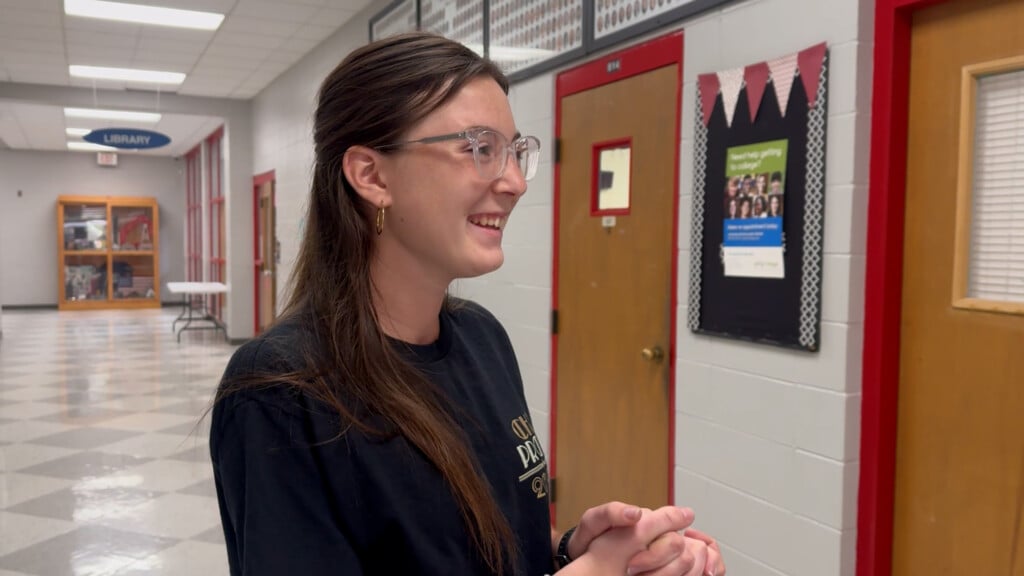Why Mississippi State is mandating COVID vaccine for staff but Mississippi University for Women is not
STARKVILLE, Miss. (WCBI) – Despite protests from a small group of demonstrators Tuesday, Mississippi State will be among the schools requiring vaccines for faculty and staff after Monday’s vote by the Board of Trustees for the Mississippi Institutions of Higher Learning.
In fact, Sid Salter, Director of the Office of Public Affairs, says about 75 percent of MSU’s staff already have their shots.
“We are now on a fairly short schedule to help our staff and faculty, the 25 or so percent that are not already vaccinated voluntarily, to help them get the vaccine,” he says.
MSU staff need their first shot of the Moderna vaccine by October 27th, or their first dose of the Pfizer vaccine by November 3rd. Salter recommends they go to the Longest Student Health Center on campus but says they can go to any area clinic that will give them a Mississippi State Department of Health vaccine card.
“The real press here is to help our faculty and staff members stay on track,” Salter says. “There’s a staggering period between first and second vaccinations that’s got to be observed.”
They have until November 24th to get their second dose of either vaccine or the single Johnson & Johnson shot.
Salter says that Mississippi State has tried to stay in the middle of the road on the vaccine debate but as the state’s leading research university, they can’t jeopardize the federal contracts funding that research.
“The biggest challenge for IHL once this mandate came down is, can we sacrifice $271 million worth of federal investment in higher education,” Salter explained.
However, things are different at Mississippi University for Women.
“At present, we do not have any federal contracts that would force us to abide by that executive order,” says school president Nora Miller.
President Joe Biden’s order only applies to schools with federal contracts worth $250,000 or more.
Miller says that while they are encouraging everyone on campus to get vaccinated, she is also a little relieved the mandate doesn’t apply to them.
“I’m afraid that we would have some employees who might leave us in some key positions,” she says. “We’re at a small campus where we don’t have a lot of depth.”
The W is also primarily a teaching institution, which does not rely on federal contracts as much as research institutions like Mississippi State.
“There’ll be those on campus who aren’t happy about it, but we’re not left with any alternative but to comply with the President’s mandate,” Salter says.
Miller says that, like many of the state’s other colleges, their faculty senate has asked for a vaccine mandate if and when they are allowed to institute one.




